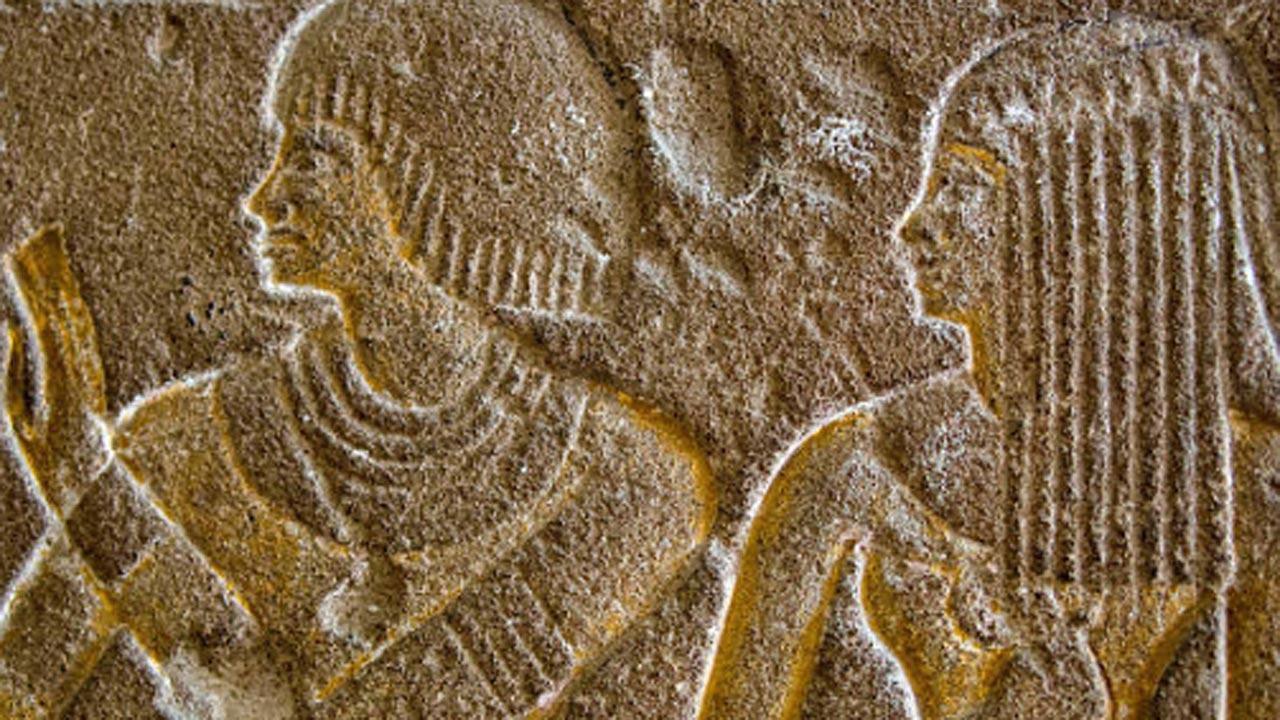Clay tablets of Mesopotamia contain clear examples that kissing was considered a part of romantic intimacy in ancient times, just as kissing could be part of friendships and family members' relations

Image for representational purpose only. Picture Courtesy: iStock
In a startling revelation, researchers have found that that kissing was practised by the people of the ancient Middle East 4,500 years ago, moving the earliest documentation for kissing back 1,000 years.
ADVERTISEMENT
Earlier research hypothesised that the earliest evidence of human kissing originated in a very specific geographical location in South Asia 3,500 years ago, from where it may have spread to other regions, simultaneously accelerating the spread of the herpes simplex virus 1.
Now, researchers from the University of Copenhagen and University of Oxford, in a new article published in the journal Science, draw on a range of written sources from the earliest Mesopotamian societies, saying that kissing was already a well-established practice 4,500 years ago in the Middle East.
In ancient Mesopotamia, which is the name for the early human cultures that existed between the Euphrates and Tigris rivers in present-day Iraq and Syria, people wrote in cuneiform script on clay tablets.
"Many thousands of these clay tablets have survived to this day, and they contain clear examples that kissing was considered a part of romantic intimacy in ancient times, just as kissing could be part of friendships and family members' relations," said Dr Troels Pank Arboll, an expert on the history of medicine in Mesopotamia.
Therefore, kissing should not be regarded as a custom that originated exclusively in any single region and spread from there but rather appears to have been practiced in multiple ancient cultures over several millennia," he added.
In addition to its importance for social and sexual behaviour, the practice of kissing may have played an unintentional role in the transmission of microorganisms, potentially causing viruses to spread among humans.
However, the suggestion that the kiss may be regarded as a sudden biological trigger behind the spread of particular pathogens is more doubtful.
The spread of the herpes simplex virus 1, which researchers have suggested could have been accelerated by the introduction of the kiss, is a case in point.
"There is a substantial corpus of medical texts from Mesopotamia, some of which mention a disease with symptoms reminiscent of the herpes simplex virus 1," Dr Arboll said.
In fact, research into bonobos and chimpanzees, the closest living relatives to humans, has shown that both species engage in kissing, "which may suggest that the practice of kissing is a fundamental behaviour in humans, explaining why it can be found across cultures," added Dr Sophie Rasmussen.
Also Read: Mental Health Awareness Month: How to move towards secure attachment styles
This story has been sourced from a third party syndicated feed, agencies. Mid-day accepts no responsibility or liability for its dependability, trustworthiness, reliability and data of the text. Mid-day management/mid-day.com reserves the sole right to alter, delete or remove (without notice) the content in its absolute discretion for any reason whatsoever
 Subscribe today by clicking the link and stay updated with the latest news!" Click here!
Subscribe today by clicking the link and stay updated with the latest news!" Click here!







